Hair loss in men is a common condition influenced by various factors. Here's an organized overview of causes and treatments:
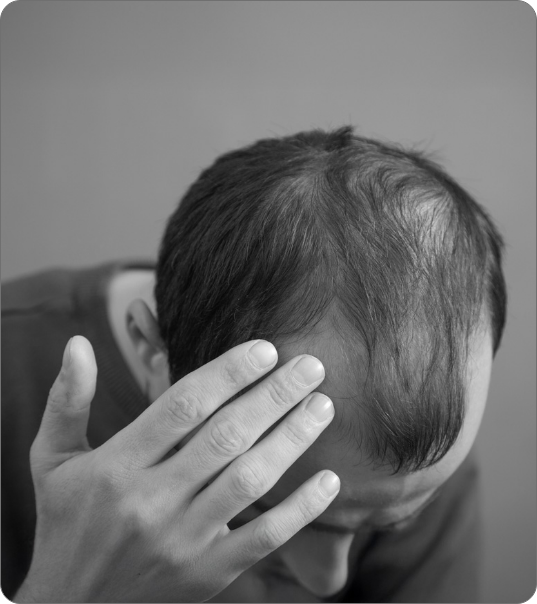
This is the most common cause of hair loss in men, affecting up to 70% of males at some point in their lives. It is primarily hereditary and caused by the hormone dihydrotestosterone (DHT), which shrinks hair follicles and shortens the growth cycle. This condition typically results in a distinct pattern of hair loss, including:
Causes:
Hair loss can signal underlying health issues, such as:

Coronary Heart Disease

Prostate Conditions

Diabetes

Obesity

Hypertension
an autoimmune condition that causes sudden, patchy hair loss when the immune system mistakenly attacks hair follicles.
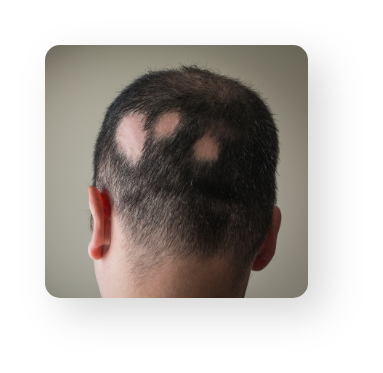
a chronic autoimmune disease that causes the immune system to attack healthy tissues, leading to inflammation and damage the skin.
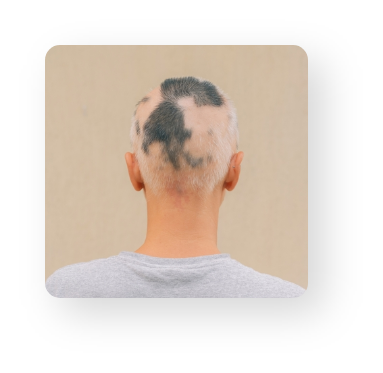
Causes dandruff and can contribute to hair loss due to inflammation.
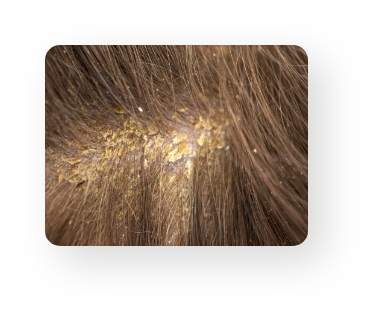
a chronic autoimmune skin condition that causes rapid skin cell turnover, leading to the formation of thick, scaly patches that can be red, inflamed.
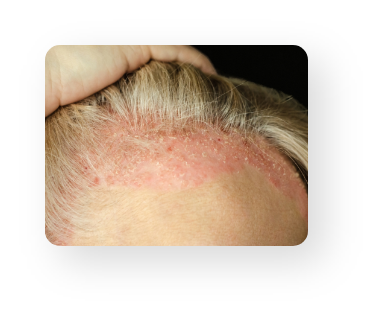
type of hair loss caused by prolonged tension on the hair follicles due to tight hairstyles such as ponytails, braids, buns, or hair extensions.

a permanent form of hair loss caused by inflammation that destroys hair follicles and replaces them with scar tissue.
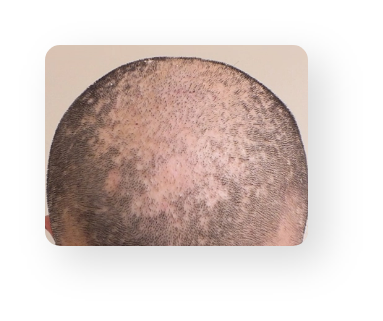
An underactive thyroid slows metabolism, reducing the production of essential hormones needed for hair follicle function, leading to thinning, dryness, and excessive shedding.

Pollution exposes hair to harmful toxins that weaken follicles, leading to thinning and breakage. Excessive UV radiation damages hair proteins, making strands brittle and prone to shedding.
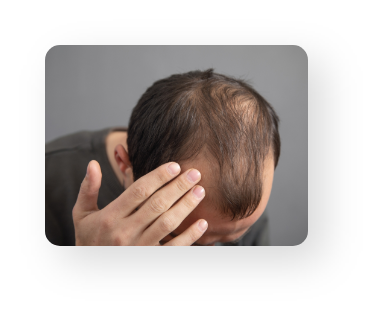
Surgical procedure where hair follicles are moved from one part of the scalp to balding areas.
At DermaClinix, we specialize in identifying and treating all types of hair loss. With cutting-edge technology and expert care, we help you achieve healthier, fuller hair. Schedule a consultation today to begin your journey to hair restoration.
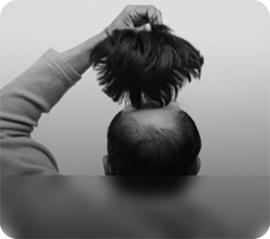
The Truth Regarding
Hair Patch


Cheap Hairloss Treatment
A Threat to the Hair and You

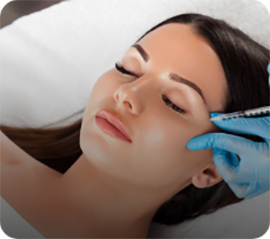
PRP Face Facial
Detail you should know

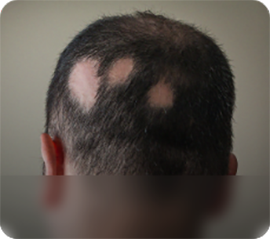
Thing You Need to Know
About Alopecia Areata

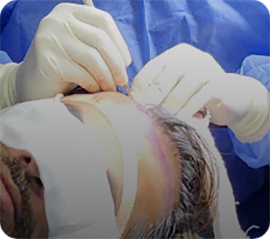
Long Hair
Tranplant


How PCOD Affect
Your Skin

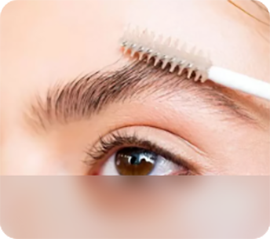
Eyebrow
Transplant


Hair Care Mistakes
To Avoid This Winter

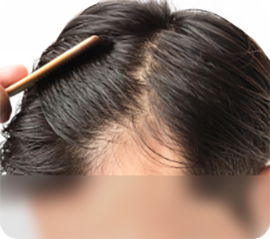
Facts About New Hairline
After Restoration

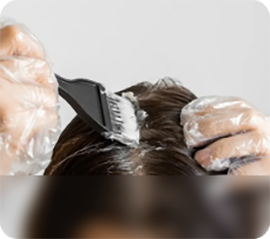
Dyeing Hair with Psoriasis
9 Things to Know First

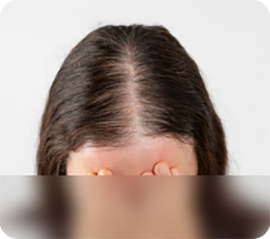
Hair Thinning
Causes and Cure


Can Stress Cause
Hair Loss
